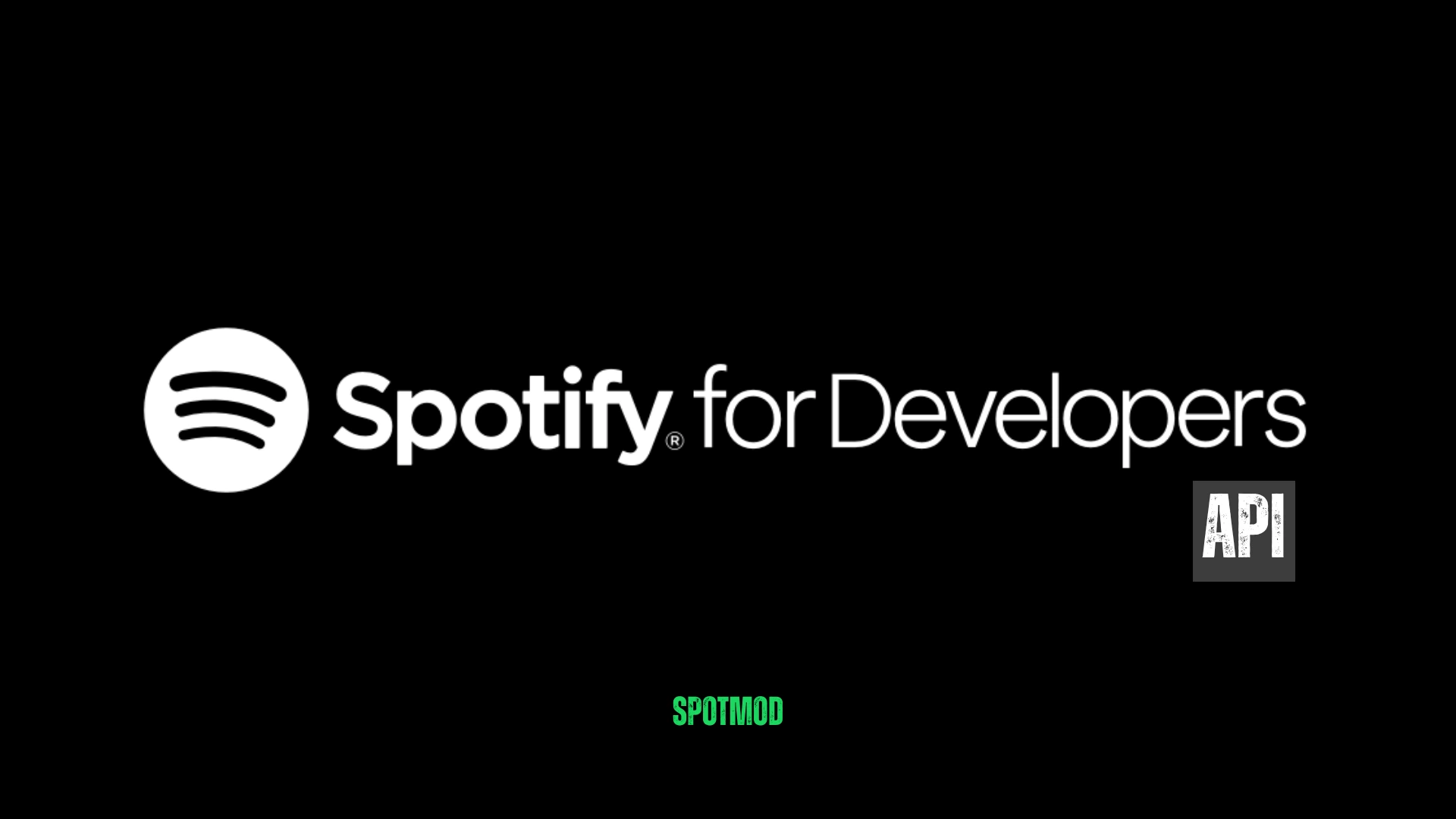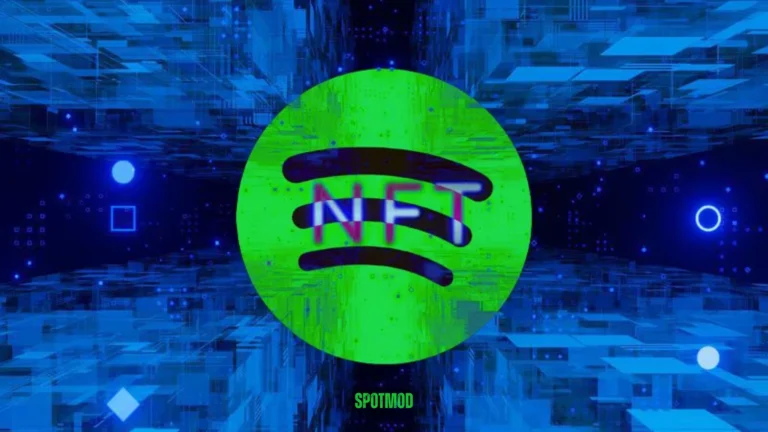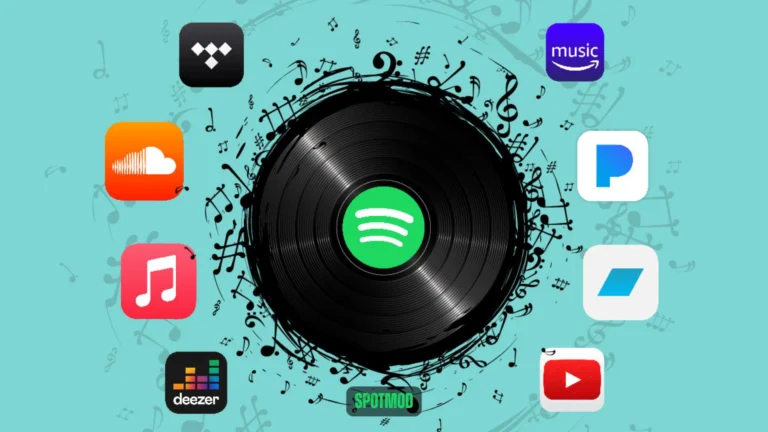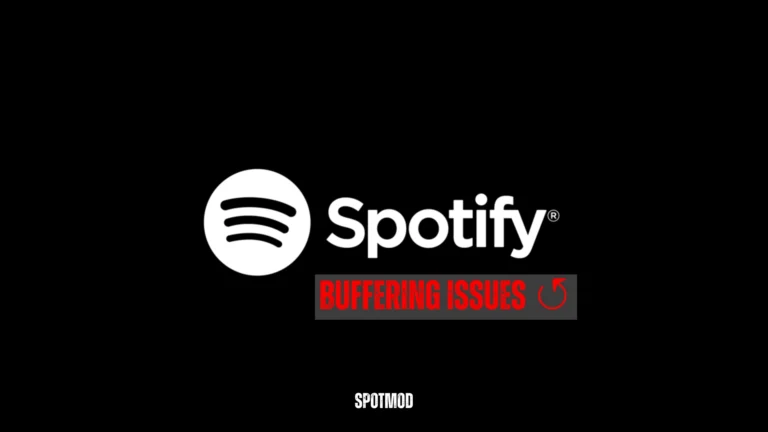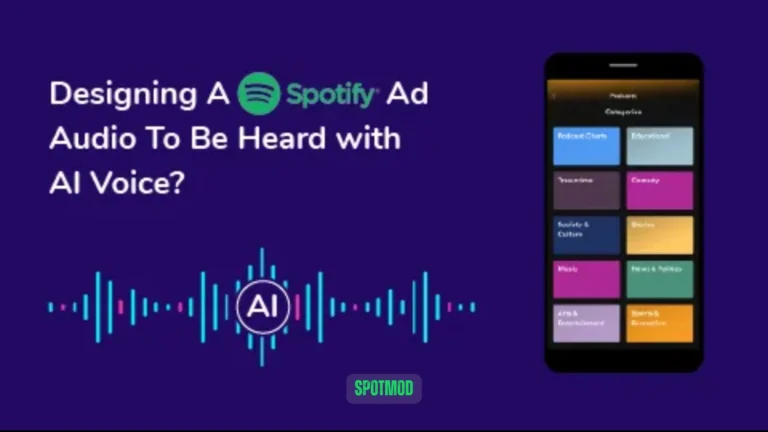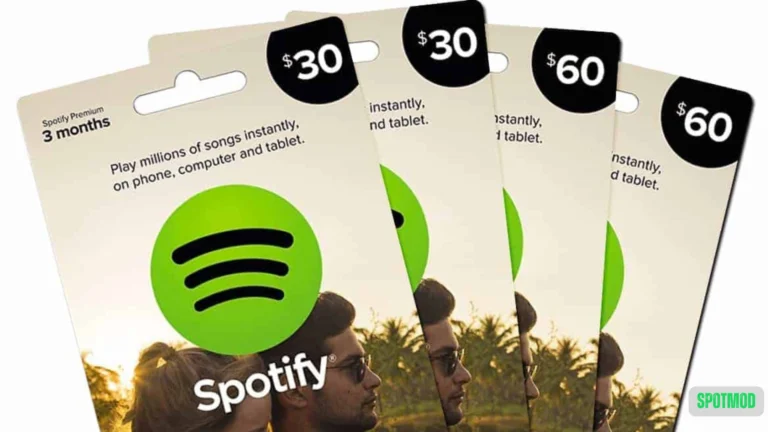Spotify API – How Developers Use It to Power Music Apps (2025)
In the age of digital innovation, music is more than just a listening experience—it’s a data-driven ecosystem. At the heart of this evolution lies the Spotify API, a powerful tool that enables developers, startups, and music enthusiasts to integrate Spotify’s features into apps, websites, and platforms. But what exactly is the Spotify API, how does it work, and why is it important?
This guide will walk you through everything you need to know about the Spotify Web API, its capabilities, and how to get started.
What is the Spotify Web API
The Spotify Web API is a RESTful interface that allows developers to access Spotify’s vast data catalog. From track metadata and playlists to playback controls and user profiles, the API serves as a bridge between Spotify’s backend and third-party applications.
Whether you’re building a music dashboard, a playlist curation tool, or an audio-focused social app, the Spotify API gives you the tools to access real-time data, interact with Spotify accounts, and even control playback remotely—all through code.
Salient Features of Spotify API
Here are some of the key features that make the Spotify API one of the most powerful tools in music tech:
Access to Music Metadata
Retrieve details like track name, artist, album, genre, release date, and popularity. Perfect for apps that analyze or organize music.
Search Functionality
Search for songs, artists, podcasts, audiobooks, albums, and playlists with full-text capabilities. The API supports complex queries for precise results.
Playback Control
Control music playback on a user’s device (for Premium users) with functions like play, pause, skip, and volume adjustments via the Spotify Connect API.
Playlist Management
Create, modify, reorder, and delete playlists on behalf of the user. You can also add or remove tracks dynamically.
User Library Access
Access a user’s saved tracks, albums, and podcasts, making it easier to build personalized listening experiences.
User Profile Information
Get a user’s display name, country, followers, and account type for creating social and regional features within your app.
Spotify API Updates – What Developers Need to Know
Spotify consistently refines its API to improve developer access, functionality, and security. Some recent updates include:
Always check the Spotify Developer Changelog for up-to-date announcements.
How to Use Spotify API? – Getting Started With Easy Steps
You don’t have to be an expert to use the Spotify Web API. Here’s a beginner-friendly breakdown of how to get started:
- Visit the Spotify Developer Dashboard and log in with your Spotify account.
- Click “Create an App”, give it a name and description, and agree to Spotify’s terms. You’ll be issued a Client ID and Client Secret—your app’s credentials.
- Use OAuth 2.0 to authorize your users and get access tokens. Spotify provides different scopes to control what data your app can access (e.g., read playlists, control playback, etc.).
- Using your access token, call any available endpoint, such as:
bash
CopyEdit
GET https://api.spotify.com/v1/me/top/artists
Tools like Postman or Insomnia can help you experiment before implementing in code.
Conclusion
The Spotify Web API is a powerful, flexible tool that continues to fuel innovation in the music tech space. From personalized playlists to analytics dashboards and smart DJ tools, the API offers endless opportunities for creators and developers to build compelling experiences.
If you’re interested in learning how to combine this with Spotify MODs on iOS, Android, MacOS, PC, and Smart TV, or custom data insights, don’t forget to check out our homepage for tools and tutorials.

